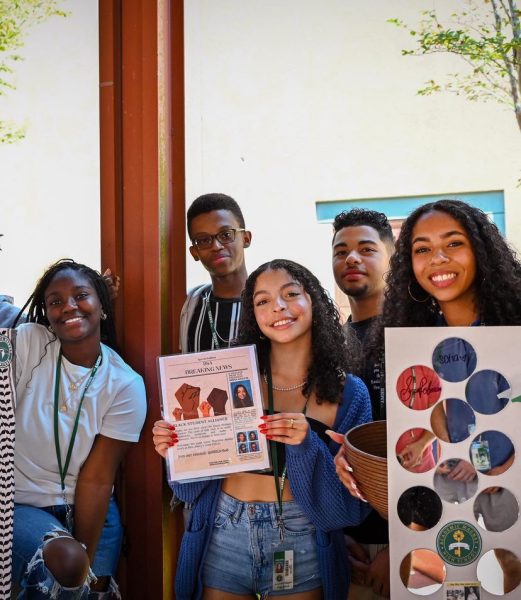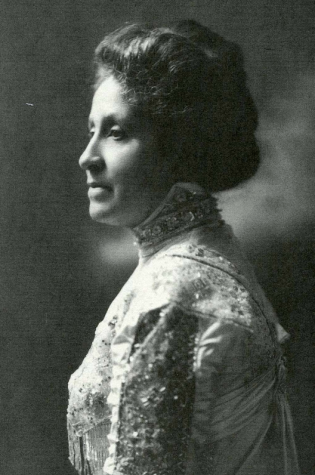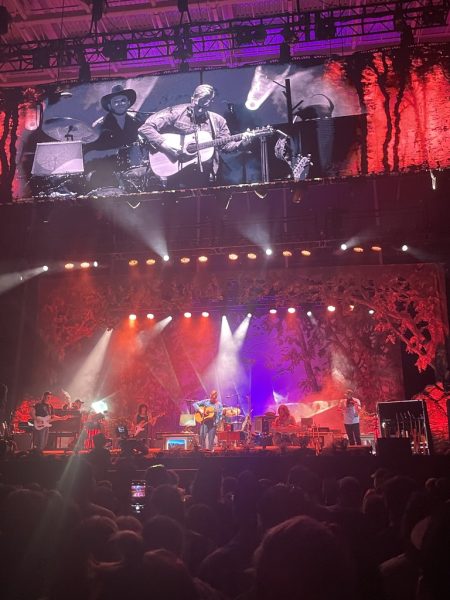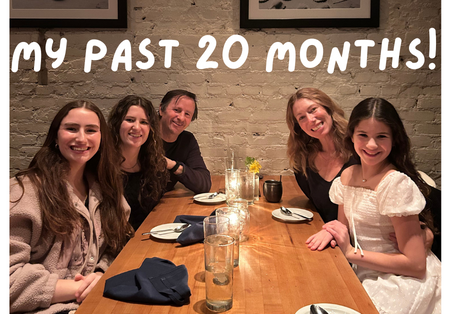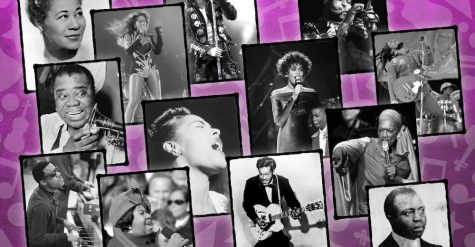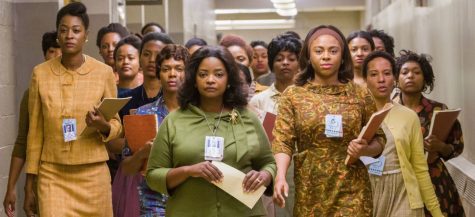Sister Rosetta Tharpe: The Godmother of Rock & Roll
Honor the legendary woman behind one of your favorite genres.
While the origins of modern rock & roll might bring images of Elvis Presley, the “King”, to mind, the real title belongs to Sister Rosetta Tharpe, who was breaking barriers and changing the framework of music years before others copied her style.
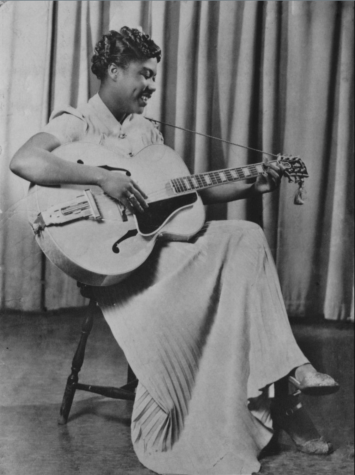
Sister Rosetta Tharpe was born in Arkansas to a religious family where she was always surrounded by music. She was already a talented guitar player by the time she was six years old and her equally musically inclined mother and she would travel throughout the South playing as an evangelical troupe. The pair eventually reached New York and Tharpe, now only 23 years old, was a star at the Cotton Club Revue. Her innovative style of combining gospel, jazz, and blues frightened the religious community, especially as a Black woman, but she was incredibly persistent. Many people believe that the shift of pop music into being more transparent and provocative started with men in the 60s with their suggestive stage moves, however, all the way back in 1938 Tharpe wrote and recorded ‘Rock Me”, a song with sexual undertones that shocked the community. This was truly a history-making moment and it is her trailblazing that led the way for the modern pop community as well.
In the 1940s, Tharpe broke even more barriers and was not afraid to stand her ground as a Black woman in a white male-dominated industry. She collaborated with Duke Ellington and even went on tour with the Lucky Millinder Orchestra. However, she was forced to sleep on the tour bus, as hotels were racially segregated across the United States. Sister Rosetta Tharpe kept fighting and soon recorded her biggest single yet, “Strange Things Are Happening”, which is considered to be the first rock & roll single ever. Her stage presence was incomparable and she captivated audiences around the nation.
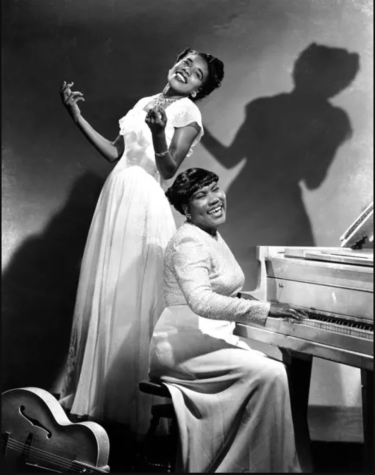
Sister Rosetta Tharpe was not only a pioneer for Black women but for queer women as well. She had been married twice, one with a preacher whom she married at only 19, but soon she met and fell in love with Marie Knight, another singer, and they became partners. Their relationship was secret to the public, but Tharpe was open about her sexuality within the music industry. They were both incredibly talented and would record “Up Above My Head” and tour together. As Jessica Diaz-Hurtado states for NPR, “They toured, collaborated and performed as two queer black women in a relationship in the late 1940s; it was a radical act”. Sadly, when Knight’s mother and her two children passed away, grief struck Knight, causing them to split. Tharpe later remarried to her manager.
In the late 50s, secular rock & roll was taken over by white men profiting off her innovation and her popularity fell, so she then toured Europe, from Manchester to Copenhagen, and introduced a sound they had only heard on the radio or on recordings. She was one of the first artists to do this. She continued to tour across Europe till the end of her life.
Can’t no man play like me. I play better than a man.
— Sister Rosetta Tharpe
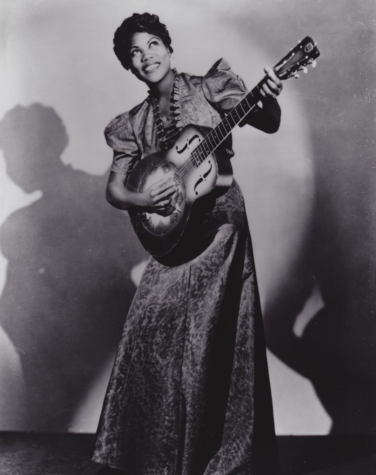 Sister Rosetta Tharpe is the Godmother of one of the most important genres of music in our culture. She created the sound with her electric guitar and went on to inspire other rock greats, like Chuck Berry and Little Richard. Yet, she was not inducted into the Rock & Roll Hall of Fame until 2018. Tharpe was the ultimate trailblazer and her accomplishments continue to inspire and stay relevant to this day. Her accomplishments must be properly recognized when discussing the origins of American rock & roll.
Sister Rosetta Tharpe is the Godmother of one of the most important genres of music in our culture. She created the sound with her electric guitar and went on to inspire other rock greats, like Chuck Berry and Little Richard. Yet, she was not inducted into the Rock & Roll Hall of Fame until 2018. Tharpe was the ultimate trailblazer and her accomplishments continue to inspire and stay relevant to this day. Her accomplishments must be properly recognized when discussing the origins of American rock & roll.
SOURCES:
- https://www.rollingstone.com/music/music-features/why-sister-rosetta-tharpe-belongs-in-the-rock-and-roll-hall-of-fame-123738/
- https://www.udiscovermusic.com/stories/sister-rosetta-tharpe-rocknroll-pioneer/
- https://www.npr.org/2017/08/24/544226085/forebears-sister-rosetta-tharpe-the-godmother-of-rock-n-roll




